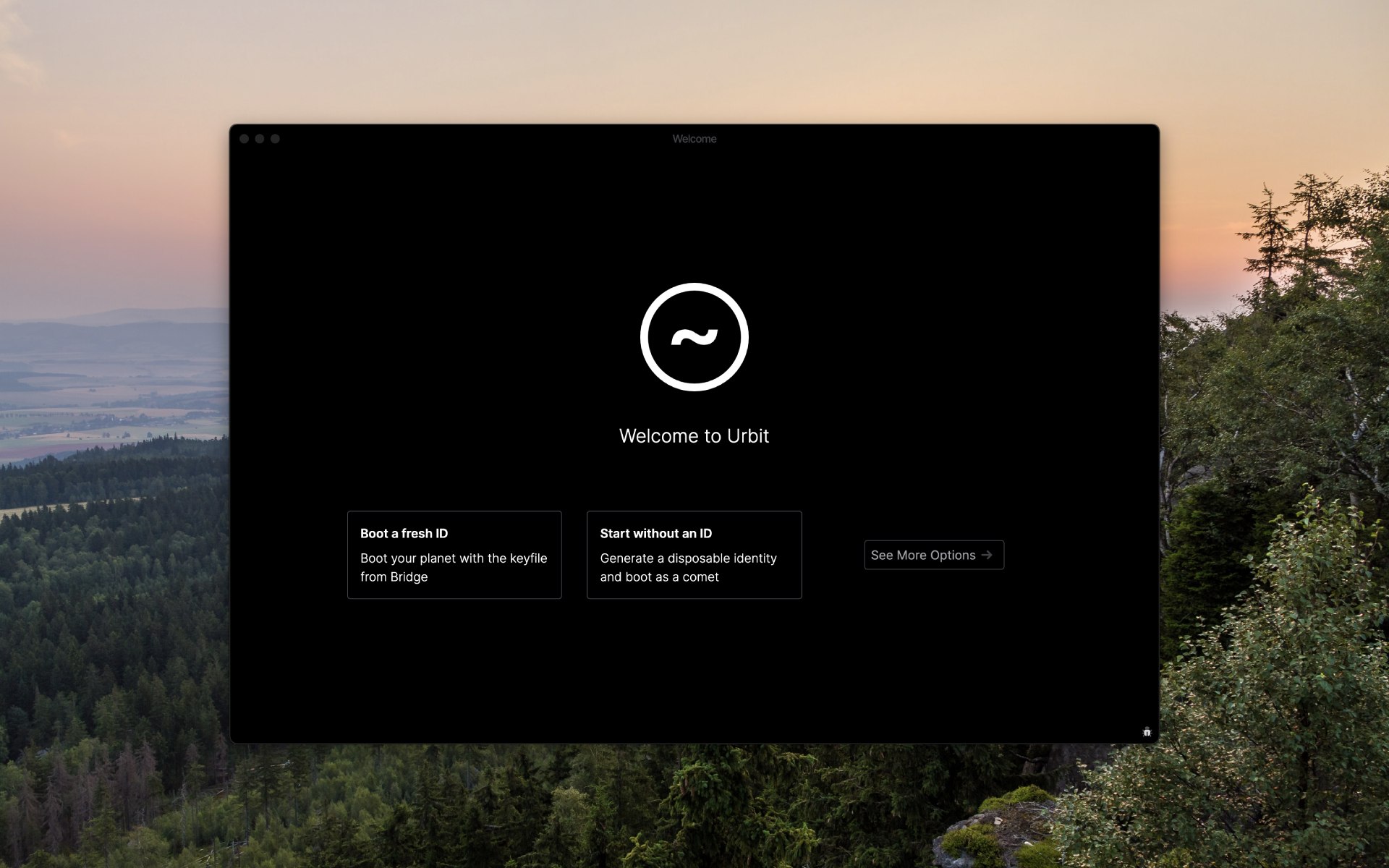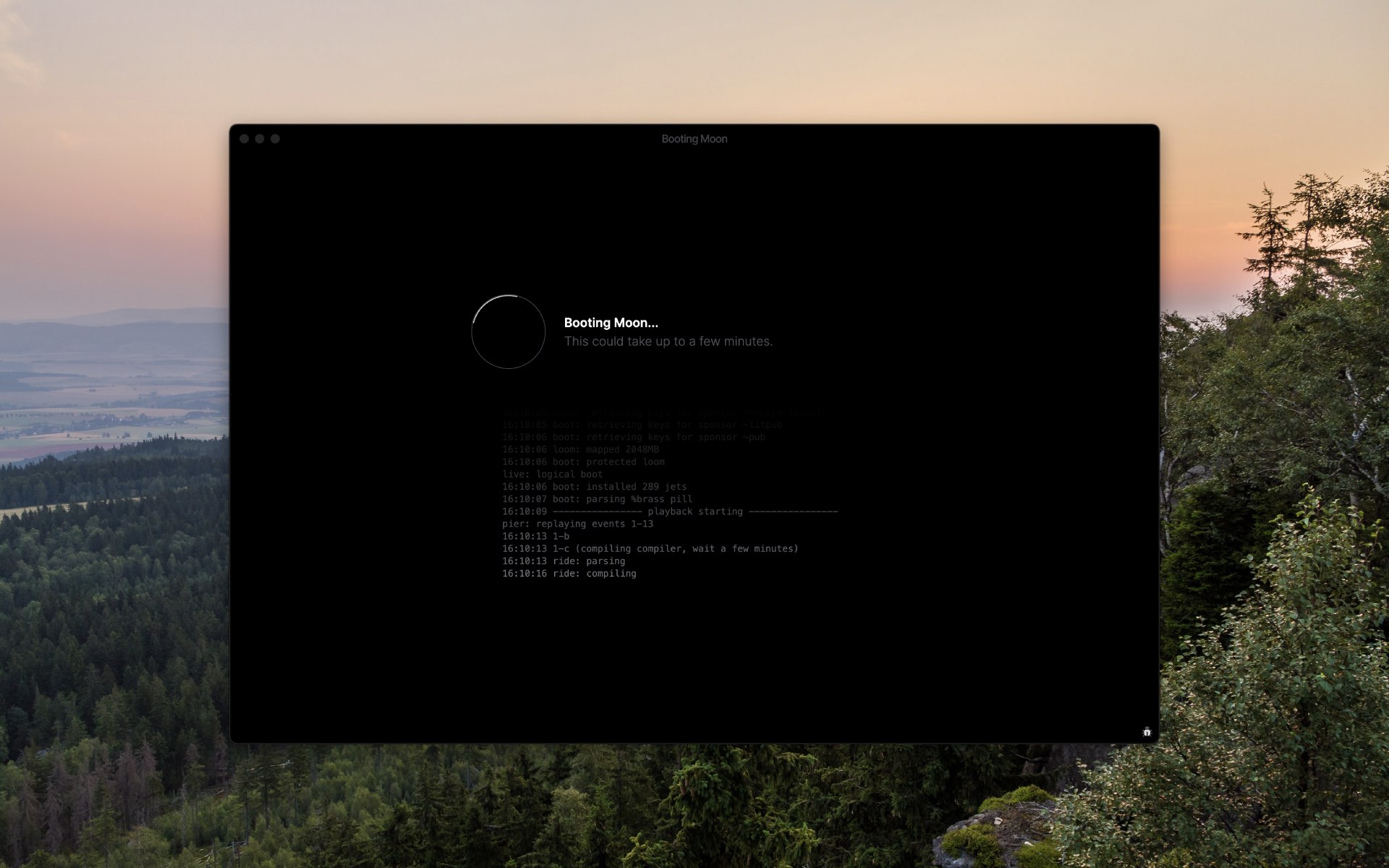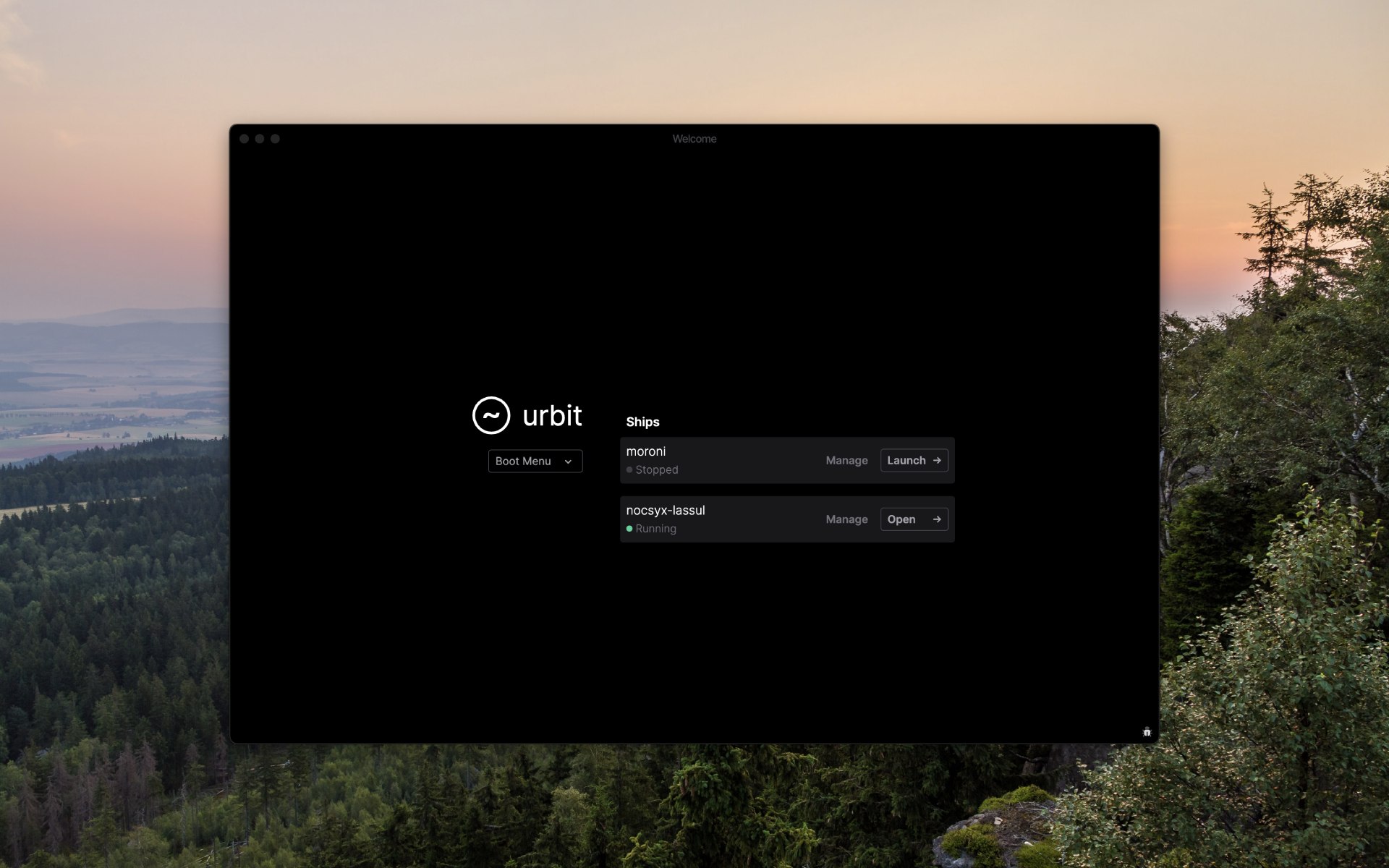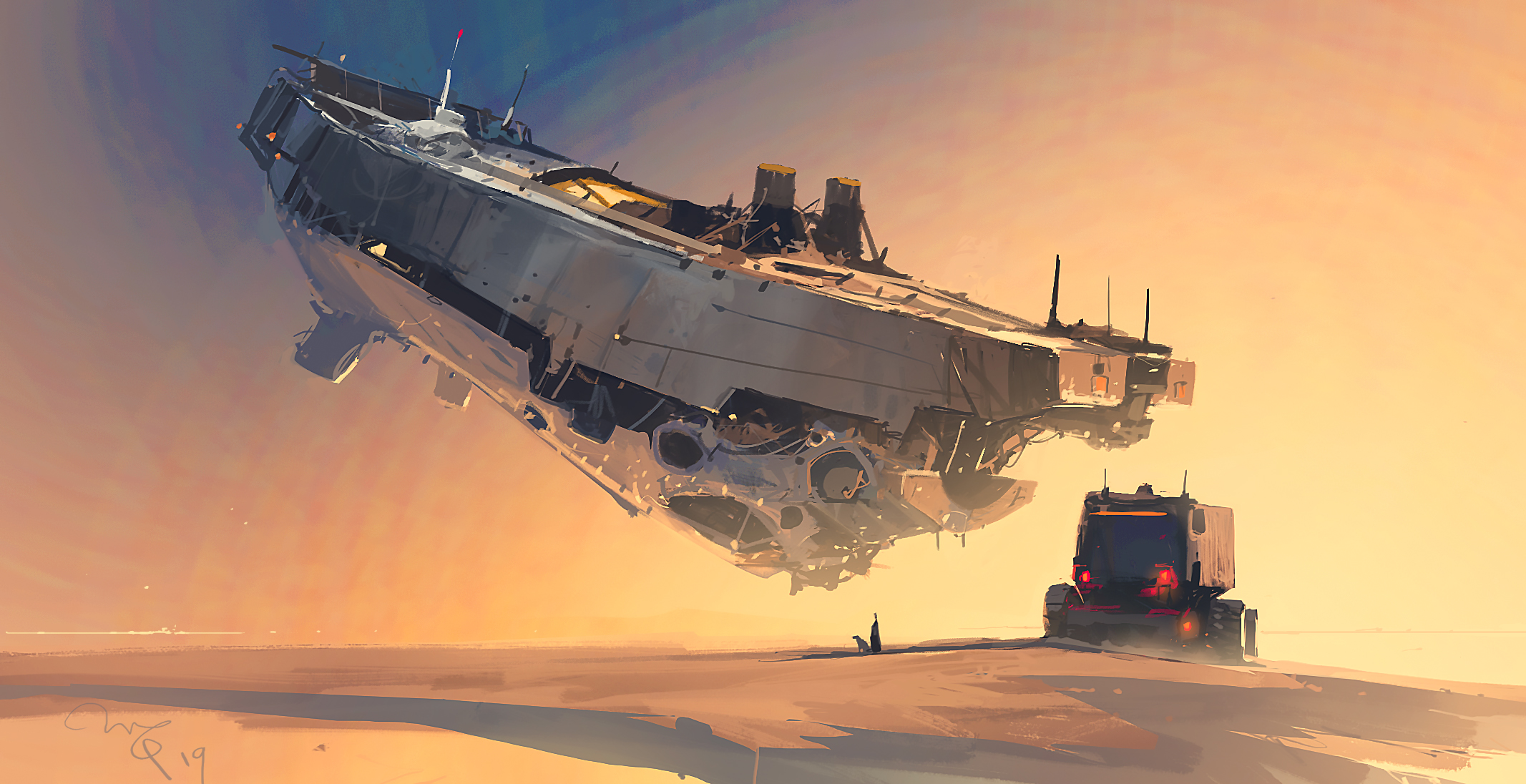Ecosyste.ms: Awesome
An open API service indexing awesome lists of open source software.
https://github.com/latter-bolden/port
A ship runner and manager for Urbit OS
https://github.com/latter-bolden/port
electron react tailwindcss typescript urbit
Last synced: 3 months ago
JSON representation
A ship runner and manager for Urbit OS
- Host: GitHub
- URL: https://github.com/latter-bolden/port
- Owner: latter-bolden
- Archived: true
- Created: 2021-02-16T01:08:43.000Z (almost 4 years ago)
- Default Branch: main
- Last Pushed: 2023-06-27T00:42:46.000Z (over 1 year ago)
- Last Synced: 2024-05-16T22:24:12.816Z (9 months ago)
- Topics: electron, react, tailwindcss, typescript, urbit
- Language: TypeScript
- Homepage:
- Size: 5.53 MB
- Stars: 182
- Watchers: 14
- Forks: 12
- Open Issues: 12
-
Metadata Files:
- Readme: README.md
Awesome Lists containing this project
- awesome-urbit - Port
README
# Port
## PORT HAS BEEN DEPRECATED
Port has been officially deprecated and there will be no additional feature development or bug fixes. [One-click cloud hosting
solutions are now available](https://urbit.org/getting-started/hosted). We recommend using one of them for getting onto the Urbit network easily and affordably.
For information on migrating a ship from Port to another hosting solution, see [here](https://github.com/latter-bolden/port/wiki/Migrating-from-Port).
Thanks to everyone who used Port over the years! A spiritual successor may be in the cards, stay tuned :)
Much love,
~nocsyx-lassul & ~latter-bolden
[](https://github.com/urbit/awesome-urbit)
Formerly called Taisho, Port allows you to spin up, access, and manage your ships whether they are comets, planets or potentially stars. It gives people the ability to immediately download and run Urbit without any knowledge of the command line.
## Installing
Head over to [releases](https://github.com/urbit/port/releases) and download the installer for your operating system from the latest release. Currently available for all major OSes.
## Screenshots





## Architecture
The architecture is built based off of James Long's article, [The Secret of Good Electron Apps](https://archive.jlongster.com/secret-of-good-electron-apps). With one exception, in production we don't run a simple process, but a hidden background window.
### Main
The main process' primary responsibility should be creation of windows and anything that requires interaction with the OS. Anything else should be diverted to the background window to ensure high performance.
### Background
The background folder contains all the services as well as the database client and an IPC server. Here is where most of the data and process management operations should happen. We also act as a proxy for the traditional IPC in most electron apps (not sure this is good, but it's what I went with.).
### Renderer
The renderer is a React + Typescript + TailwindCSS application. We use IPC to communicate only with the background process. External state like the DB is queried and mutated using react-query so that it is cached. Any internal UI state should run through either zustand or Context.
### Urbit
The Urbit binaries for each respective OS should live in the `resources` folder under the respective OS' folder. They aren't included because of size, but you can get them by running the `get-urbit.sh` script.
### Contributing
Port is a work in progress and we would love help making it the best it can be! Below are steps to help you get your development environment up and running.
#### Requirements
- node version ^16 (Port currently does not build via node 17) https://nodejs.org
- yarn https://yarnpkg.com/
- node-gyp https://github.com/nodejs/node-gyp
Below are steps that should get you up and running on a GNU/Linux system.
1. Install node.js version ^16
2. Install yarn via terminal `npm install -g yarn`
3. Install node-gyp via terminal `npm install -g node-gyp`
With these following packages you should then be able to run `yarn install` on the Port project.
